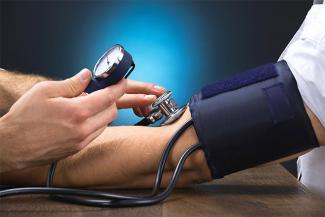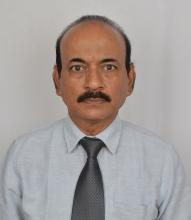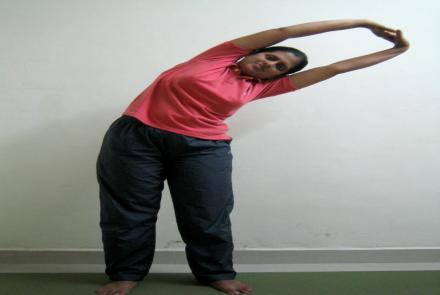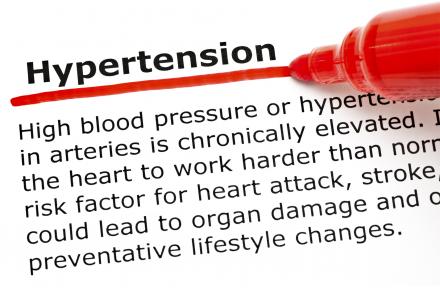
Dr Chetan Shah, Chief Cardiology Consultant at Global Hospital, Mumbai answers some of the commonly asked questions pertaining to Hypertension in our #AskTheDoctor series.
1. Only half of people with high Blood Pressure (BP) know they have high BP. When should people start measuring BP?
In an asymptomatic person (a person with no symptoms) with no known risk factor, the ideal age to start measuring BP is 18 yrs.
2. Should people be measuring their BP at home? If yes, what are the limitations of this.
Reading of BP should be in at least 3 different settings before confirming the person as Hypertensive: Clinic, ambulatory and workplace/ home. Usual precaution of cuff size, cuff placing and residual air in tubing should be followed. If using electronic instrument, battery viability be confirmed.
3. What are the consequences of undetected hypertension or hypertension not being managed effectively
If hypertension is not managed effectively or undetected, it results in the first presentation being a complication : eg stroke/ ischemic heart disease/ nephropathy/ retinopathy etc.
4. The new guidelines now talk of pre-hypertension and stages of hypertension. Until what stage can lifestyle changes help treat hypertension.
Life style changes are needed at all stages of HTN. They are complementary to medicines. Patients should discuss with clinician the appropriate time to start the same.
5. Blood pressure often goes up after menopause. Your advice to menopausal or peri-menopausal women?
My advice for peri-menopausal and menopausal women would be
- Regular screening,
- continuation of physical activity,
- salt restricted diet and
- stress free life style .
6. How does high BP affect pregnant mothers and the baby?
High BP during pregnancy can lead to hypertensive diseases, including pre-eclampsia. This can lead to complication in upto 10 % of all pregnancies worldwide. It is a major contributory cause of premature birth and a future major risk factor for cardiovascular and metabolic disease in the mother.
Click here for preparing for a healthy pregnancy
7. What is the most common complication of untreated hypertension?
Vascular complications are often seen with untreated hypertension: it may be cerebro- or cardio or peripheral vascular disease.
8. There are many types of salts now available in the market. Any advice on which type of salt is best for hypertensive patients?
A good advice would be to restrict any salt intake, irrespective of the type. People must become aware of “hidden” salt, like in soda, packaged foods, processed foods etc and avoid those too.
9. Does blood pressure change? What factors can cause changes?
Blood pressure can change in hypertensive as well as normal persons. After all, it is a diurnal entity.
The factors that affect an individual’s BP reading are
- life style,
- stress,
- fatigue,
- lack of sleep,
- diet,
- medicines, etc.

Dr Chetan Shah, MD is the Chief Cardiology Consultant at the Non Invasive Cardiology Department in Global Hospital, Mumbai.








